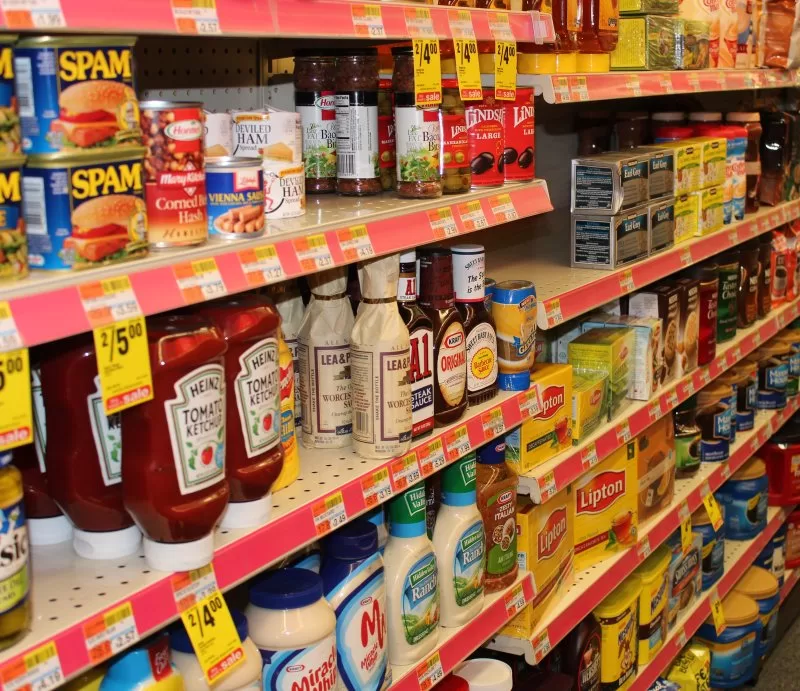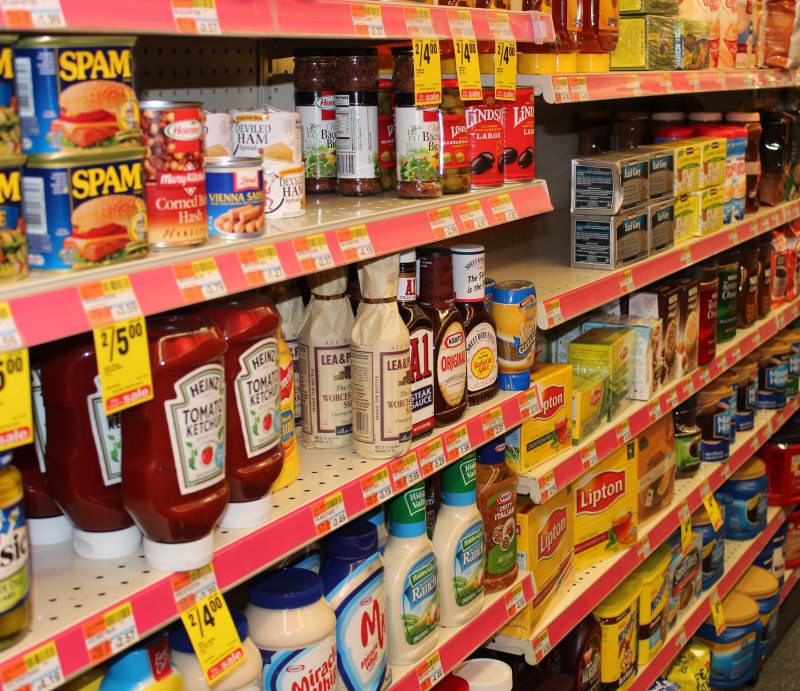A voluntary product recall involving high levels of arsenic detected in apple juice was expanded Friday in grocery stores across the United States. File Photo by Billie Jean Shaw/UPI
Sept. 7 (UPI) — A voluntary recall of apple juice products containing elevated levels of poisonous arsenic has been expanded after an initial recall was issued last month, Walmart has announced.
According to a U.S. Food and Drug Administration notice provided by Walmart on Friday, 133,500 cases of apple juice made by Refresco Beverages sold at Walmart, Aldi, Walgreens and other retail outlets have now joined an earlier voluntary recall of nearly 10,000 cases issued last month for Walmart.
The latest recall encompasses:
- Great Value 8-ounce Apple Juice in a six-pack sold at Walmart stores in Alabama, Florida, Georgia, Indiana, Kentucky, Ohio, Maine, New York, Pennsylvania, South Carolina and Virginia.
- Great Value 96-ounce Apple Juice sold at Walmart stores in Indiana, Ohio, Maine, New York, Pennsylvania, Puerto Rico, and Virginia.
- Market Basket 100% Apple Juice in 64-ounce containers sold at Market Basket stores in Maine
- Nice! 100% Apple Juice in 64-ounce containers sold at Walgreens stores in Florida, Georgia, Ohio, Pennsylvania, and Wisconsin.
- Weis 100% Apple Juice in 64-ounce containers sold at Weis Markets in Maryland and Pennsylvania
- Urban Meadow 100% Apple Juice in 64-ounce containers sold at Brooklyn Fare stores in Pennsylvania
- Natures Nectar 100% Apple Juice in 64-ounce containers sold at Aldi stores in Florida, Georgia, Indiana, Ohio, New York, Pennsylvania, South Carolina and Wisconsin
- Wellsley Farms 100% Apple Juice in 96-ounce containers sold at BJ’s and Walmart stores in Florida, Massachusetts, and New Jersey
- Solevita 100% Apple Juice in 64-ounce containers sold at Lidi US stores in Virginia
- Clover Valley 100% Apple Juice in 64-ounce containers sold at Dollar General stores in Florida, Georgia, Kentucky, Indiana, Ohio, New York and South Carolina
The FDA has set an arsenic action level of 10 ppb in apple juice, which it considers achievable with the use of good manufacturing practices.
The agency says arsenic may be present in food because it is in the environment where foods are grown, raised or processed. Arsenic in the soil, air and water may occur naturally or may be present due to human activity, such as the past use of arsenic containing pesticides or pollution from mining, fracking, and coal-fired power plants.
Exposure to inorganic arsenic is associated with adverse human health effects, including cancer, diabetes, adverse birth outcomes, and cardiovascular and neurodevelopmental effects.
While It is not possible to entirely remove arsenic from the environment or from the food supply. the FDA sets action levels when a level of a contaminant is unavoidable, to inform industry on the level of contamination above which the FDA may regard certain foods as adulterated.

